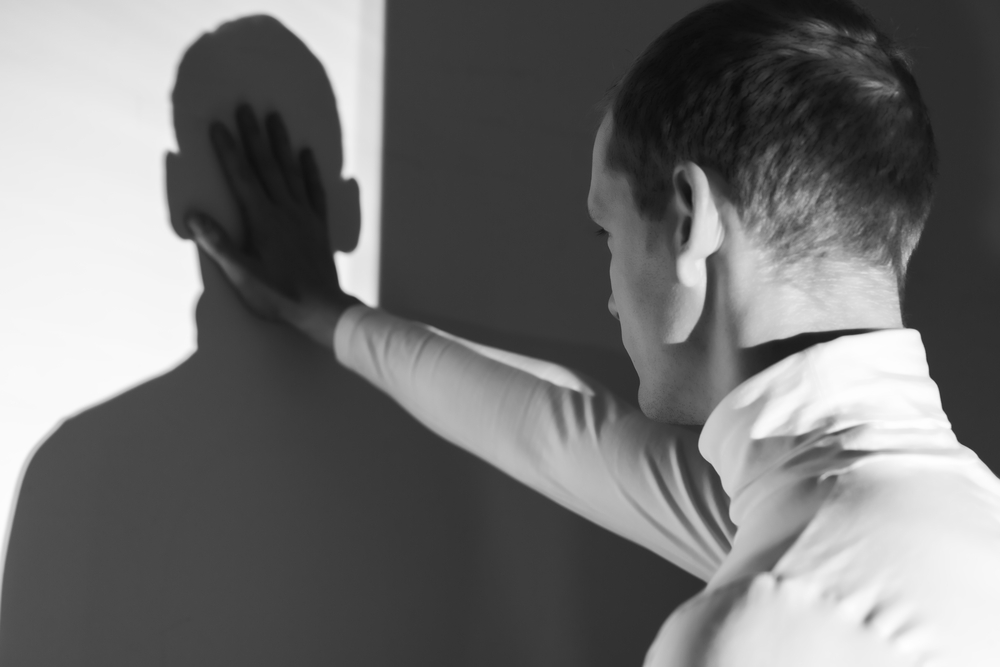 Many people suffer from anxiety, depression, attention deficit hyperactivity disorder (ADHD), and post-traumatic stress disorder (PTSD), but there is a stigma surrounding mental illness. Sometimes, people will avoid a person with a mental health condition. They assume the person is unsafe to be around or could suddenly become violent. The stigma of mental illness can lead to discrimination, intentional or not.
Many people suffer from anxiety, depression, attention deficit hyperactivity disorder (ADHD), and post-traumatic stress disorder (PTSD), but there is a stigma surrounding mental illness. Sometimes, people will avoid a person with a mental health condition. They assume the person is unsafe to be around or could suddenly become violent. The stigma of mental illness can lead to discrimination, intentional or not.
There are harmful effects caused by the mental health stigma. When you have a mental illness, you can feel hopeless, low self-esteem, defeated, and alone. Family, friends, and coworkers might not understand your mental illness and health insurance might not fully cover treatment.
Often mental illness goes hand-in-hand with drug or alcohol use. People use substances as a way to self-medicate. Drug and alcohol use leads to physical impairments, worsened mental health symptoms, overdose and death.
If you suffer from a mental health condition:
- Get treatment. It can be difficult to admit you have a mental illness. Get help from a professional who can treat your condition, prescribe medication if necessary, and manage your treatment.
- Do not feel ashamed. Do not let the stigma of mental illness hold you back from getting help. Learn about your condition. Mental illness does not equate to personal weakness.
- Do not use drugs or alcohol. Using drugs or alcohol can increase the symptoms of mental health conditions and are destructive for your mental, physical, and emotional health.
- Join a support group. There are support groups and forums for mental health and some are for a specific illness. This is a great way to meet others who share similar experiences and prevents isolation.
- Do not isolate yourself. Surround yourself with supportive, encouraging people. Family and friends can learn more about mental illness in support groups.
Anxiety, depression, ADHD, and PTSD often co-occur with substance use and addiction. The stigma of mental illness should not deter you from seeking treatment and getting help. Cypress Lake Recovery offers a dual diagnosis program to prepare specific plans with the right professional and integrative therapies. Do not wait. Get help today.
Cypress Lake Recovery offers treatment for addiction in a peaceful, remote, oxygen-rich environment. The program encompasses holistic addiction therapy for the mind, body, and soul. The focus is on physical, mental, and emotional well-being by generating the balance of life-enriching treatment, wellness, and healthy, sober, sustainable relationships. Call us to get started: 409-331-2204

